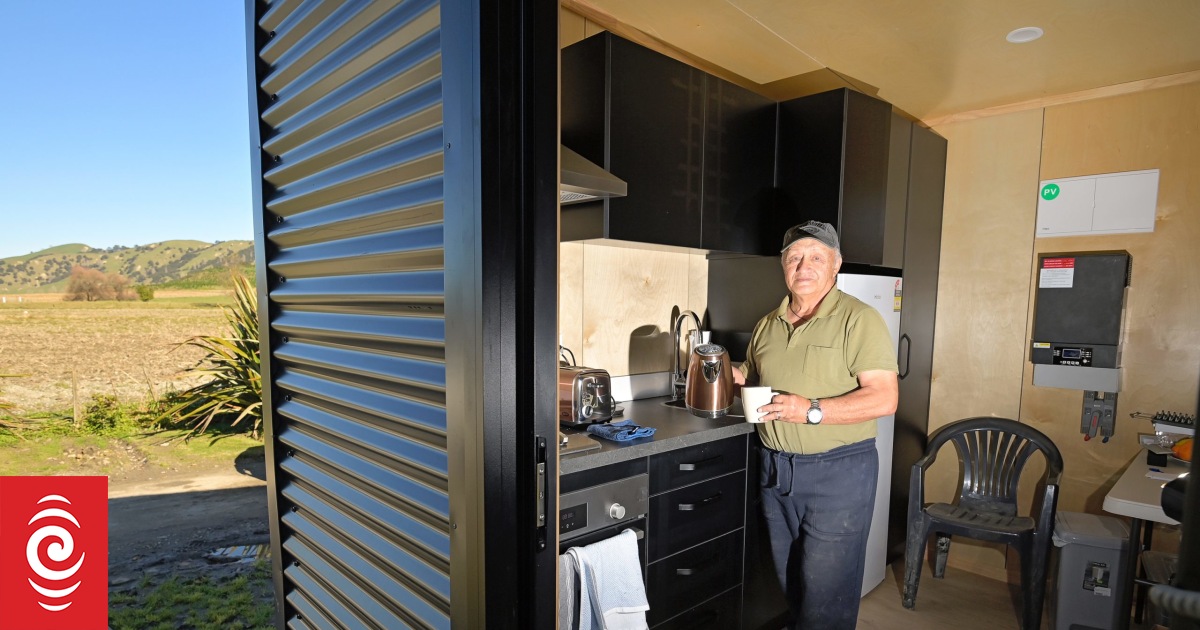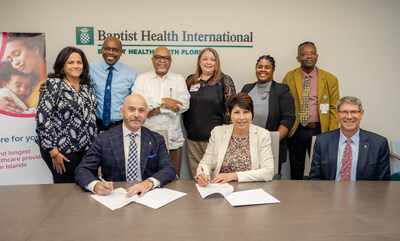Claude Ruru has returned to his property on the outskirts of Te Karaka, five months after being displaced by Cyclone Gabrielle. He is grateful for the support of the community following his ordeal.
Photo: LDR / Gisborne Herald / Liam Clayton
A Gisborne man rescued from his property in dramatic fashion during Cyclone Gabrielle is finally back on his land, albeit in a temporary home.
In the early hours of 14 February, Claude Ruru escaped rising floodwaters after climbing into the bucket of a front-end loader operated by his neighbour.

Five months later, he is back living at his property in a self-contained transportable home made possible by Toitū Tairāwhiti – a collective made up of four iwi in Tai Rāwhiti, Ngāti Porou, Rongowhakaata, Ngāi Tāmanuhiri and Te Aitanga-a-Māhaki.
Although https://www.rnz.co.nz/news/national/487584/stoked-relocatable-homes-arrive-for-some-tairawhiti-cyclone-victimsthe home was delivered on 8 April,] it’s taken several months for sewerage, power, water and gas to be connected.
Ruru spent his first night inside the unit two weeks ago and said it was “quite cosy”.
“With the heat pump, you only have to have it on for about 20 minutes and it’s all right for the rest of the night.”
He had been staying with whānau in town following the cyclone and admitted it was bittersweet leaving his daughter and grandson’s place to return home.
But he was pleased to be back on his land while repairs were being made to his whare next door.
“Being home, that’s where we belong.”
Ruru said he was hoping to be back in his house by Christmas, but there was still a lot of work to be done.
That included having the house lifted, interior repaired, and roof replaced.
Under agreement with Toitū Tairāwhiti, he could stay in the temporary home rent-free until the end of August, at which point he had the option of either purchasing it or paying rent.
Ruru said he was opting for the latter, and had only positive things to say about those who had made returning home possible.
“It’s not only the fellas running all the organisations to get us going, but the community as well. Everybody has pulled together.”
Toitū Tairāwhiti had overseen the arrival of 100 transportable homes across Tai Rāwhiti and Wairoa.
Those wanting to purchase their transportable home could do so at a cost of between $108,600 and $137,800, depending on the size.
Local Democracy Reporting is Public Interest Journalism funded through NZ On Air.
.





















Discussion about this post